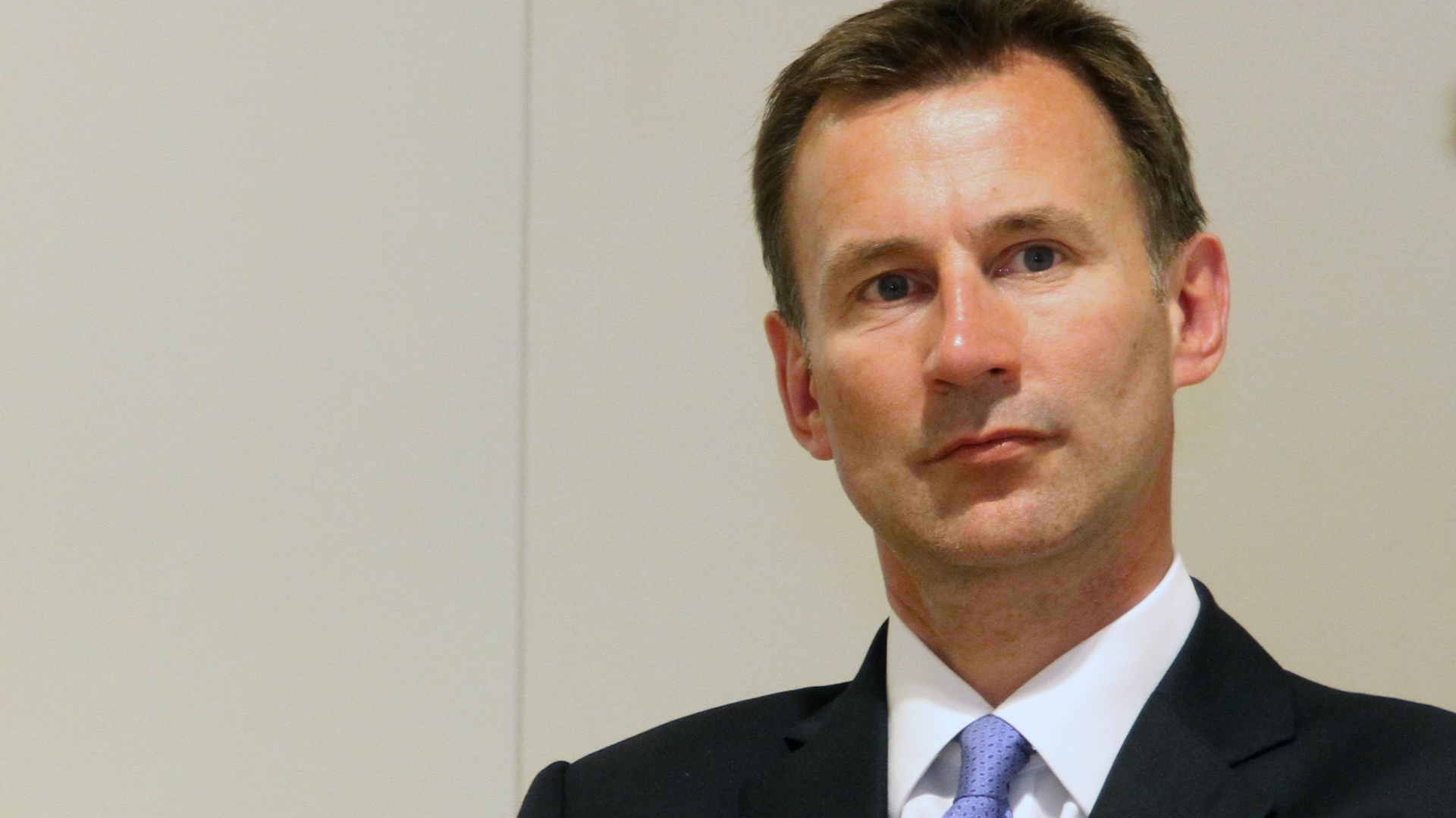“Government should think again and give people proper support by tackling record NHS waiting lists and the availability and quality of genuine employment support, instead of making ever-louder threats.”
Your support changes lives. Find out how you can help us help more people by signing up for a subscription
Anastasia Berry, policy co-chair of the Disability Benefits Consortium (DBC) and policy manager at the MS Society, added: “This announcement of a ‘benefits crackdown’ suggests many disabled people, including those with MS, are choosing a life on benefits. The divisive and stigmatising language dehumanises those who are already struggling with to make ends meet.
“Sanctioning won’t get more disabled people into well paid, stable employment. These are deeply cynical proposals and will only punish people already struggling to afford essentials in a cost of living crisis. This is pushing them further into poverty and forcing them to seek low paid and insecure work – which many are unable to do. The government must urgently rethink its approach to welfare, before it leads to further hostility, division, and poverty.”
The chancellor also announced an increase to the National Living Wage, which will go up to £11 an hour in April. But charities have warned it’s not enough, especially along with the increased benefit sanctions.
Ben Harrison, director of the Work Foundation at Lancaster University, a leading think tank for improving working lives in the UK, said: “It is welcome that the chancellor has announced the National Living Wage will increase to at least £11 per hour in April 2024.
“But the government is seriously mistaken if they think toughening sanctions for some of the most vulnerable people in society will result in more people in good quality, secure and long-term employment.
“Pushing people into ‘any job’ will not alleviate worker shortages that some sectors are facing, and the Department for Work and Pensions’ own evidence from 2020 suggests sanctions are not effective and slow people’s progress back into work.
“To tackle persistent worker shortages amidst record long-term illness we need to avoid more punitive measures, and focus on tailored support for jobseekers with different needs, and a renewed drive to work with employers to increase the quality of jobs on offer.”
A spokesperson for Disability Rights UK added: “Yet again benefit claimants are treated as easy targets by the government in its desire to save money, as a new attack on the welfare system was launched at the Conservative Party Conference today.
“Whilst there will be a tiny minority of people who cheat the system, to blanket label all those on benefits as ‘shirkers’ and to propose a ‘crackdown’ on them is language that is harmful and potentially destructive to those who rely on the benefit system because they have no other option due to a disability or long term health condition.
“To continue to stereotype benefit claimants is unacceptable, to propose more sanctions is unacceptable, the government needs to stop demonising people. This new assault follows the recent announcement from minister Mel Stride, opening a consultation on changes to the work capability assessment, the test aimed at establishing how much a disability or illness limits someone’s ability to work. This has already terrified disabled claimants, who are sensing that the government is blaming them for all societies financial ills.
“It seems that disabled people and those with long term health conditions are being used as scapegoats. If the government genuinely wants to reduce the number of people on benefits, there should be announcements on significant investment in the NHS and social care, a huge investment in mental health services, free skills training and for those who need to remain on benefits, which is already the least generous welfare system in Western Europe, there should be better and more targeted support, as currently, benefits are so low, that they are creating utter misery and extreme hardship.”
Get the latest news and insight into how the Big Issue magazine is made by signing up for the Inside Big Issue newsletter









